Talent isn’t the problem of Africa’s creative industry; its growth is still being held back by weak infrastructure, limited funding, and fragmented support systems.
That was the message from industry leaders at Moonshot by TechCabal on Thursday, who said new investment vehicles and creative hubs are critical to unlock the continent’s cultural and creative industries. Xavier Echassoriau, Regional Director, Proparco, Nigeria; Adama Gaye, Lead for Middle East and Africa at Orange Ventures; and Ann Marème-Atayi, Senior International Institutions Manager at Euroquity, discussed barriers and opportunities in the continent’s cultural and creative industries (CCIs) during a panel session.
Echassoriau stressed that capacity building and access to financing, backed by investor confidence, are critical for the sector’s growth. He noted that the creative economy is often perceived as a high-risk sector for investors.
“There is a lack of dedicated training for specific trades like the creative economy in Nigeria and across Africa,” he said. “Access to finance is also a key challenge for stakeholders in this field but the lack of infrastructure, investor confidence, and governance structures is hindering creative startups.”
Gaye described funding as both an urgent need and a long-term strategy that can help startups scale. She noted that creative startups must strengthen their capacity and business models to generate consistent revenue.
“Orange Venture has a €350 million corporate VC fund investing in many sectors, and the creative industry is one of them,” he said. “The key is how to better monetise this vertical.”
Echassoriau also highlighted new initiatives designed to de-risk investments in the creative economy. He cited the EU’s Clearify initiative, the first European Union program targeting CCIs via financial institutions, which combines de-risking instruments and technical assistance for investors.
“If a venture capital fund wants to invest in a CCI company, we cover 67.5% of the outstanding amount if it defaults,” he explained, adding that such mechanisms “help reduce investor hesitation while strengthening governance and financial structures for creative startups.”
On Orange Ventures’ part, Gaye said the company is leveraging its presence in 18 African countries to support creative scale-ups.
“We can provide entrepreneurs scalability facilities through Orange’s network,” she said. “We also have internal expertise, with over 18,000 employees across the continent including specialists in tech, who can support creative entrepreneurs.”
Atayl underscored the importance of structured engagement between startups and investors. Through her platform, Euroquity, she connects founders with relevant investors via pitching and reverse pitching sessions to bridge communication gaps.
“We saw that sometimes companies are not totally in alignment with the criteria of investors,” she said. “So we make sure that the dialogue is set and investors’ expectations are clear so that founders can position their businesses better,” she stated.
She, however, urged startups to go through incubation and acceleration programs before seeking investment, saying those stages help build credibility and traction.
“Please do not neglect the incubation phase,” she advised. “Many entrepreneurs come to me with just an idea, but most investors in our portfolio are looking for proof of traction. We first need to see how your product works before we can believe in it.”
Atayi cited the success of Mood Swings, a South African startup supported through an acceleration program with the French Institute in South Africa, Lesotho, and Malawi. “It’s a gorgeous startup,” she said. “It shows how France is growing its interest in Africa’s creative industries and developing mechanisms to address the challenges we see today.”

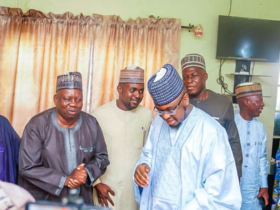
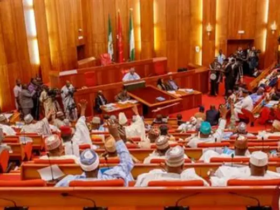

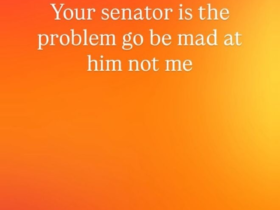
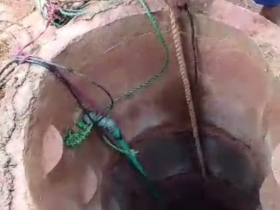
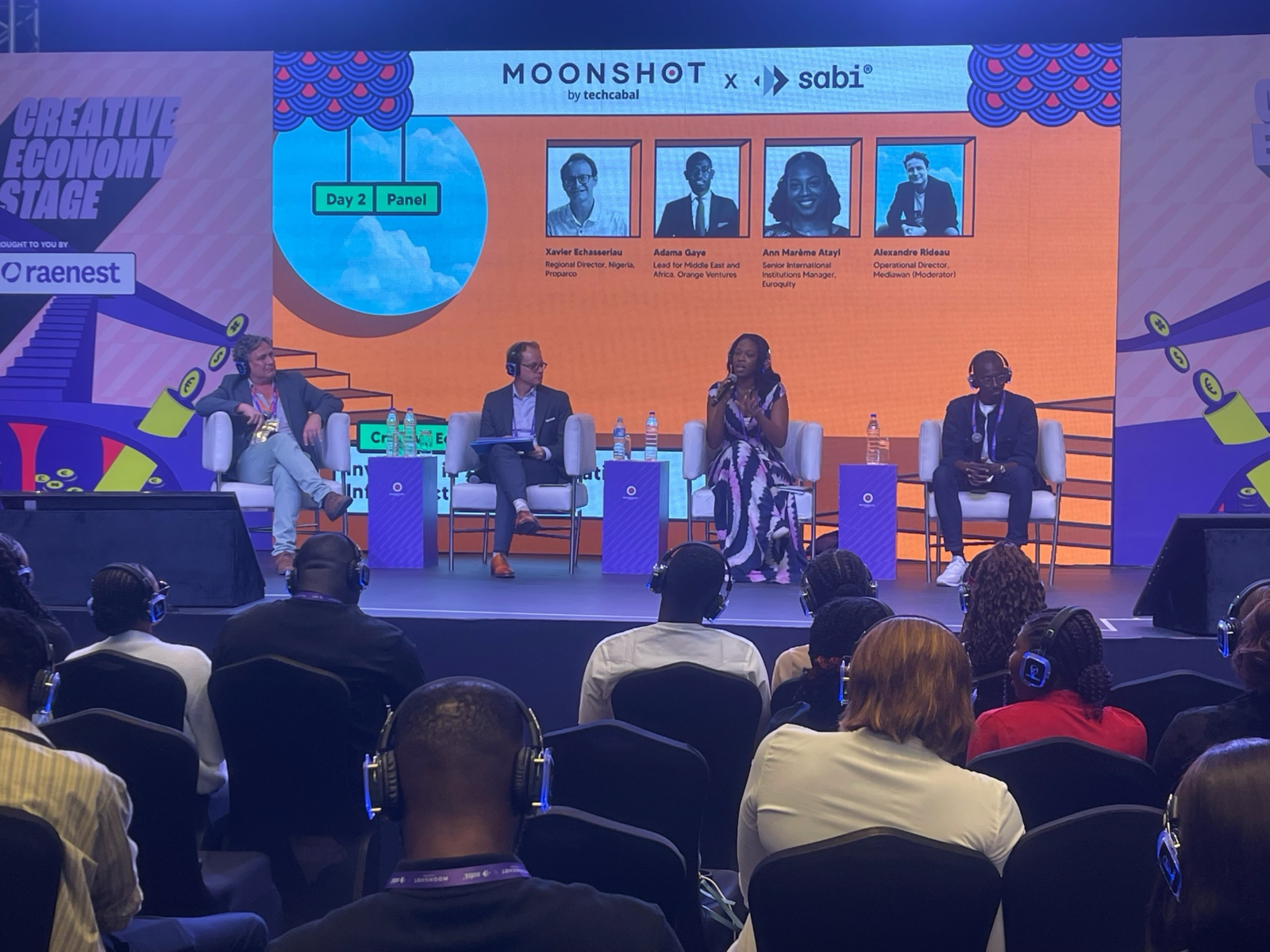
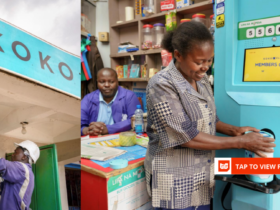



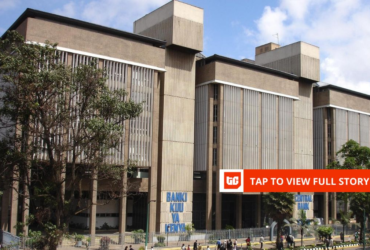

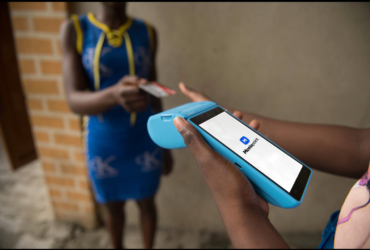
Leave a Reply